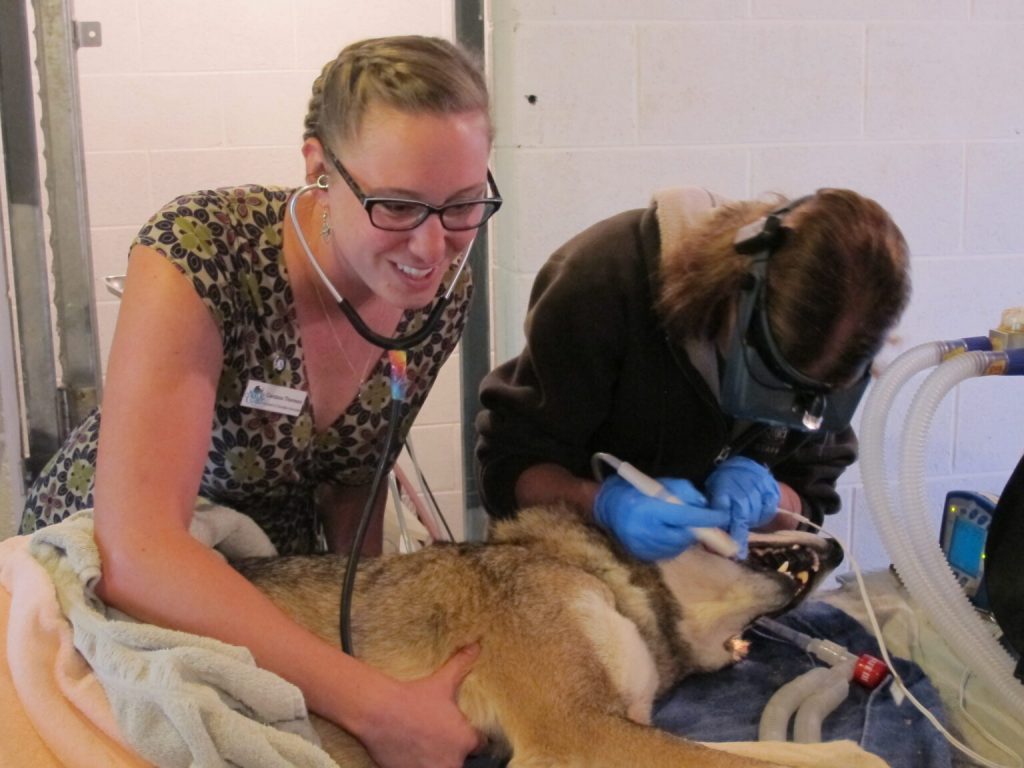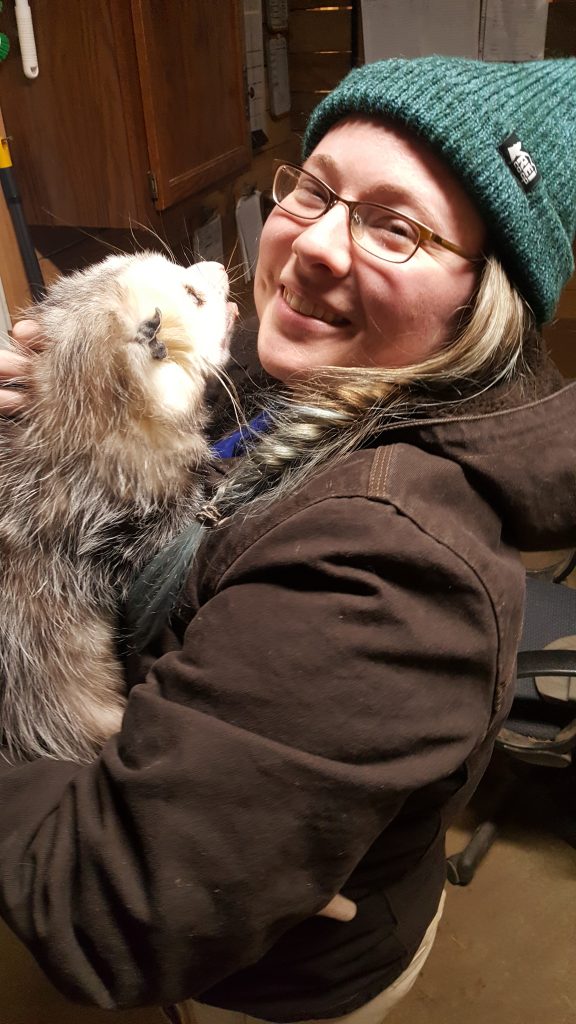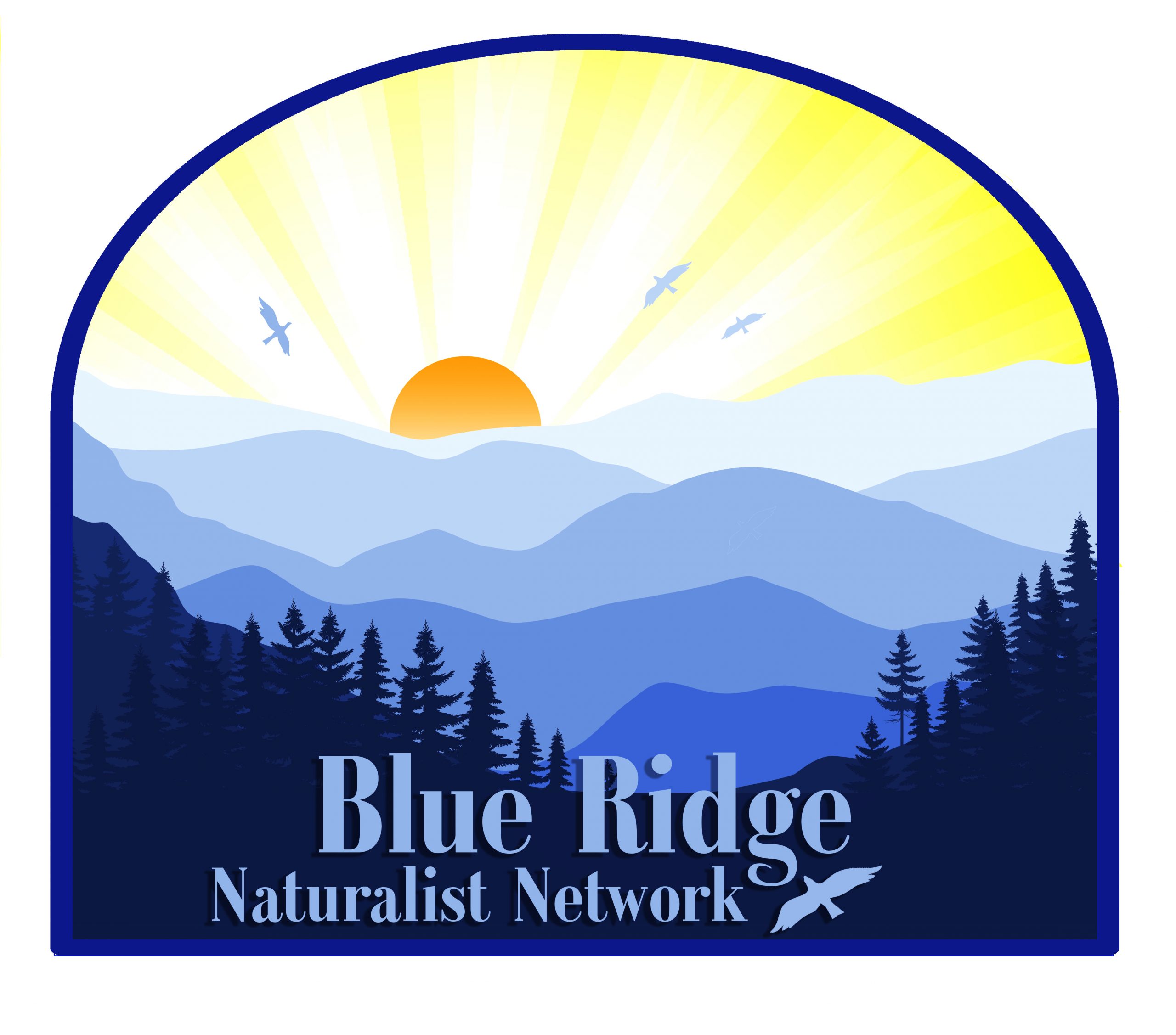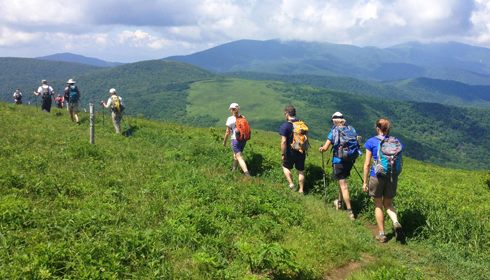Our first Zoom program of the year!

EVENT: Friends of the Western North Carolina Nature Center
DATE: February 9, 2021
SUBJECT: Friends of the Western North Carolina Nature Center -Discover who we are, What we are proud to do, and Meet several of the animals who help us teach! We learned about how the Western North Carolina Nature Center connects people with the animals and plants of the Southern Appalachian Mountain Region by inspiring appreciation, nurturing understanding, and advancing conservation of the region’s rich biodiversity.
LOCATION of EVENT: Virtual Program via Zoom – Event sponsored by the Blue Ridge Naturalist Network for its members.
CONTACT: Tori Duval E-MAIL: education@wildwnc.org
PRESENTERS: Tori Duval, Outreach Education Specialist for the Friends of the Nature Center since 2016 and Candace Poolton, Volunteer and Premium Program Coordinator (Both started at the organization as part of AmeriCorps volunteers.)
ATTENDENCE: 15 people including 5 Board Members
DESCRIPTION: Tori Duval began the presentation by giving some history about the nature center. It started as the Asheville City Zoo in 1973. All animals are native. In 2019 the WNC Nature Center welcomed 180,000 guests. The Center is accredited by the American Zoo Association and has the highest standards of animal care and conservation. It’s home to many animals who are non-releasable and for some, could not survive in the wild. It also is home to 5 animals for whom they have special licenses to own – who are on the ‘survivors of species list’: red wolves and red pandas.
Outreach education works with schools, retirement communities and has reached over 20,00 people in underserved communities. It provides Wolf, Hawk, and Frogwatch programs, Docent Training, and MORE!
How to get involved:
>Membership: Includes free admission all year long
>Adopt an Animal Program
>Buy a Brick Fundraising
>Donations
>Events
Tori and Candace asked for audience participation to join in a game of ‘FACT or MYTH’. They introduced Fact or Myth questions such as: ‘Bats are Blind” and ‘Daddy Long-legs are venomous’, and You can tell by looking into the eyes of a Box Turtle whether it is Male or Female’. Everyone enjoyed the activity!
They explained that terrestrial means the animal does not live in the water, e.g. the Box Turtle, lives on land but needs to live close to the water. They showed us, up close, a Corn Snake, named for the pattern of its belly scales that resemble maize, an ancestor of modern corn, and a Box Turtle which closes up like a box as camouflage.
The program was very informative with two very enthusiastic presenters!
The WNC Nature Center is home to sixty species of wild and domestic animals and hundreds of species of plants, all representative of this unique bioregion, the Southern Appalachians!





48 comments